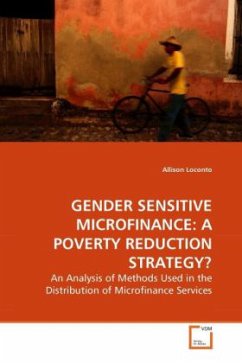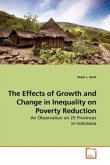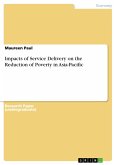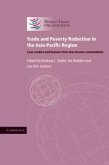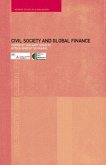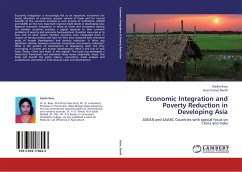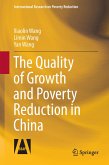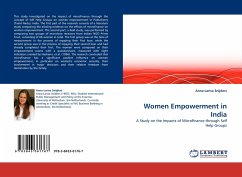Since microcredit emerged as a favored program by donors in the 1990s, there have been numerous claims about its capacity to alleviate poverty and empower women. This shift in development policy thinking came about as poor clients demonstrated high repayment rates of small loans. It was noted that women had higher repayment rates than men and thus a common practice began of lending primarily to women. Many claimed that this economic empowerment would lead to wider social and political empowerment of women. This book examines these claims by placing them within the context of development policy paradigms. Through examples and case studies the potential microfinance has to reduce poverty is explored. Its effects are deemed minimal without a complete package of services tailored to the needs of the individual client. The issue of self-sustainability and the dependency on donor subsidies is also addressed as it illustrates a dualism is often seen in microfinance programs the goal of achieving financial sustainability versus the social objectives of many mission statements. This book would be useful for an undergraduate class in development policy or to development practitioners.
Bitte wählen Sie Ihr Anliegen aus.
Rechnungen
Retourenschein anfordern
Bestellstatus
Storno

